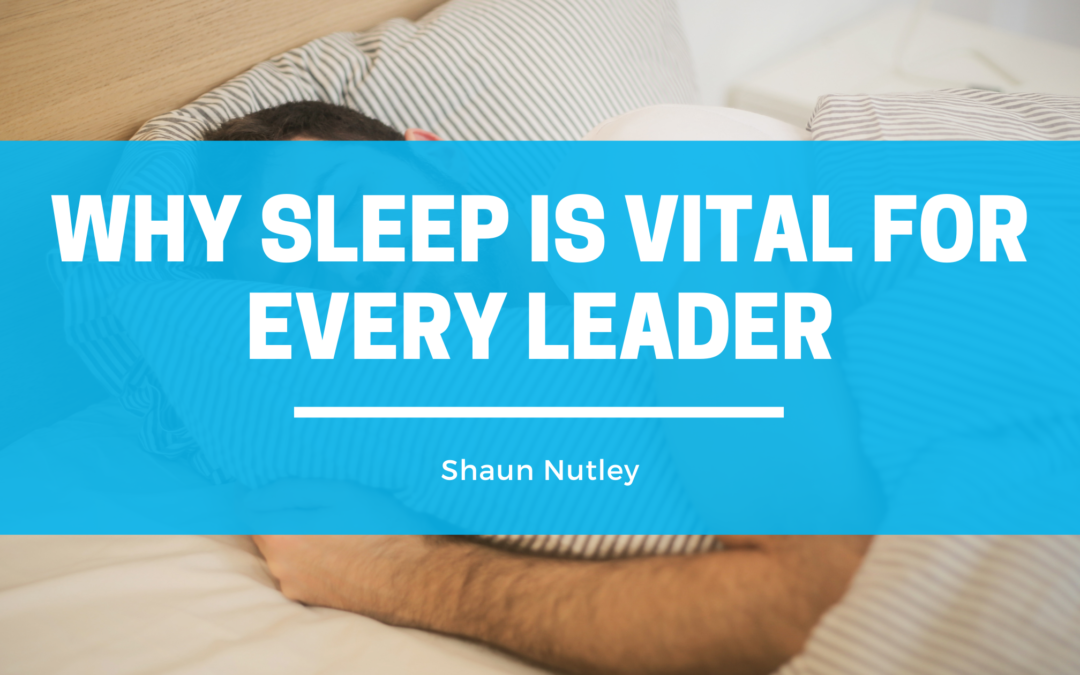Having better sleep is associated with great health and admirable leadership. Lack of enough sleep is detrimental to our health. It is a culprit to several health issues such as heart disease, diabetes, and obesity. People should know that taking sleeping pills can never lead to good sleep.
Relationship Between Sleep and Leadership
Leaders’ sleep deprivation is costly to an organization. A leader who rarely gets enough sleep doesn’t have a strong results orientation. This is because sleep deprivation reduces one’s concentration levels. Additionally, lack of enough sleep can affect a leader’s ability to solve problems. When a leader is fatigued due to lack of enough sleep, their creativity is impaired making it hard for them to solve complex problems.
While research has demonstrated how sleep deprivation affects each leadership skill, the common denominator is that when we lack better sleep, the brain’s part associated with leadership behavior is incapable of functioning effectively.
According to neuroscientists, the prefrontal cortex cannot cope with inadequate sleep. A sleep-deprived leader can negatively impact the emotions and behaviors of their teams. Some leaders tend to boast how they only sleep for four hours a day to meet deadlines. When employees hear such cues, they also tend to adjust their sleeping patterns- perhaps to succeed in their careers as well. Leaders don’t know that when they encourage poor sleep, the employee’s productivity will reduce drastically.
Besides, a leader’s devaluation of sleep can make leaders behave less ethically. Due to the mentioned negative impacts of sleep, influential leaders are beginning to track their sleep through electronic trackers or diaries. However, reputable sources have it that sleep trackers have not gone through rigorous validation.
For example, multiple phone apps make unverified claims that they can track and tell your current sleep stage. There are several factors to consider when determining whether you are getting quality sleep. For instance, being in bed for the recommended hours doesn’t mean you are getting enough sleep. Someone might be in bed for seven hours, but they only get five hours of sleep.
It is imperative to note that sleep disorders are diagnosable. People suffering from insomnia and sleep apnea should consider seeing a physician.

